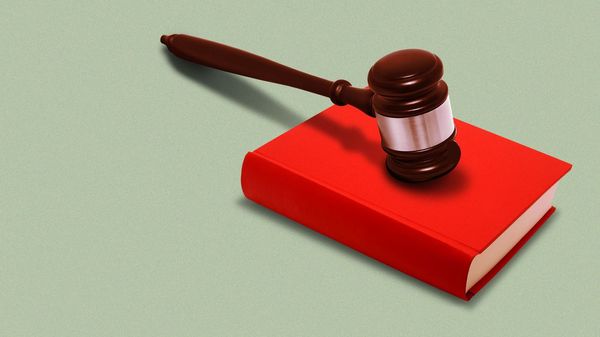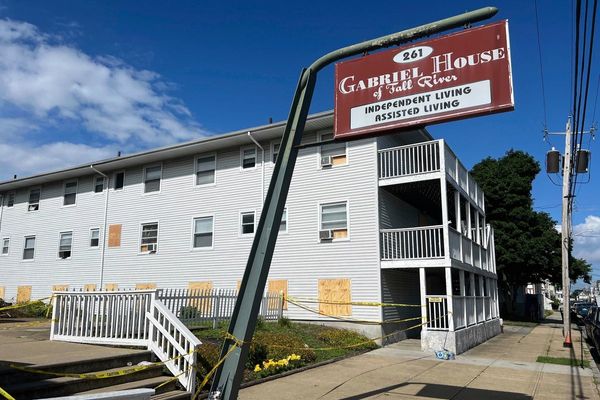
Following a startling victory for Marine Le Pen in European elections last June, the French president, Emmanuel Macron, foolishly called a snap legislative poll. The idea was to give voters a salutary wake-up call, daring them to repeat their embrace of Ms Le Pen’s far-right National Rally party in a domestic election. The unanticipated result was a suddenly deadlocked parliament, in which the influence of the National Rally and the left significantly increased, and a lame-duck status for Mr Macron’s second term.
That failed gamble has now led to another, which appears equally doomed. This week, Mr Macron’s fourth prime minister in two years put the future of his minority government on the line, in an attempt to pass a deeply unpopular budget this autumn. François Bayrou, intending to deliver his own wake-up call to MPs, has unexpectedly called a confidence vote to take place early next month. MPs will be challenged to either endorse in principle Mr Bayrou’s view that austerity is necessary to reduce the public deficit, or vote for the government to fall.
Mr Bayrou may have thought that he might as well beat MPs to it. Last December, his immediate predecessor, Michel Barnier, was ignominiously forced out after failing to push through his own spending cuts. But the chances of the prime minister’s bet coming off appear slim in the extreme: the combined forces of the French left and Ms Le Pen’s far-right MPs are set to vote against Mr Bayrou, which would be more than enough to seal his fate.
The prospect of a second centre-right government collapsing over failed austerity has already triggered market unease, with rising interest payments on public debt reflecting France’s lack of monetary sovereignty. The country’s borrowing costs are ultimately shaped by European Central Bank policy despite a deficit nearly twice the eurozone average. On Tuesday, Mr Bayrou’s finance minister attempted to spook MPs by suggesting that if government borrowing was not reined in, France may even find itself going cap in hand to the International Monetary Fund. But it is the government that needs to embark on a political rethink rather than the public or opposition MPs.
While rhetorically calling for collective sacrifice to restore the nation to fiscal good health, Mr Bayrou has focused overwhelmingly on the less well-off, pensioners and welfare recipients, as he seeks in the region of €44bn worth of savings. In a country where Mr Macron’s first-term abolition of a wealth tax has contributed to rising inequality and a boom in the assets of the super-rich, that has not gone down well. As one leftwing MP suggested this week, the prime minister’s chances of political survival would be far higher if he chose to put an end to the “fiscal gifts to the rich and to large companies, which Macron has increased like never before”.
The chances of that happening are, of course, zero (although Mr Bayrou has vaguely hinted at the possibility of asking for a “specific effort” from the very wealthy). It thus appears likely that Mr Macron’s first autumn task will be to find yet another prime minister or call fresh elections with Ms Le Pen’s party far ahead in the polls. With a wave of planned strikes and demonstrations due to begin two days after Mr Bayrou’s fate is decided, Mr Macron’s presidency is petering out amid domestic acrimony and political stasis. He has only himself to blame.
Do you have an opinion on the issues raised in this article? If you would like to submit a response of up to 300 words by email to be considered for publication in our letters section, please click here.







